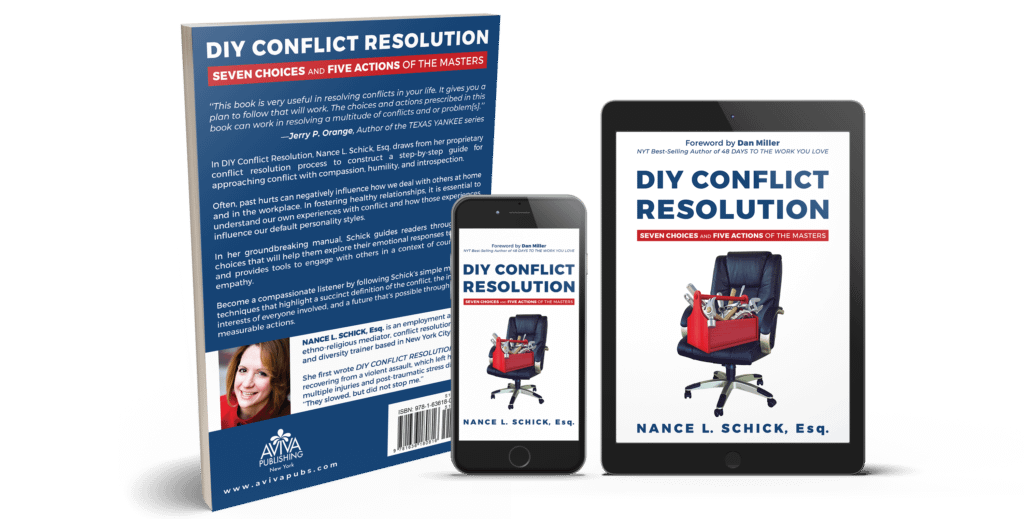As an employment attorney and mediator, I frequently see the employment ideals of both employer and employee cause workplace conflicts. There’s nothing inherently wrong with having these ideals, but we must keep them in perspective. After all, the definition of an ideal is “something existing only in the imagination; desirable or perfect but not likely to become a reality.”
A positive outlook can be helpful, but it also needs to be grounded in probability. Keep your optimism, but understand the odds of having your ideal work relationship, especially without your active participation. Happiness is something you create over and over.
Define the Conflict Succinctly
If you’re not happy at work, there can of course be a number of reasons. Not all of them will be conditions caused by your employer. Especially in the post-pandemic world, we might simply be burnt out by the enormity of the world’s conflicts. If your employer has an Employee Assistance Program (EAP), take advantage of it. There’s no more shame in getting a mental antibiotic than a physical one so you can focus your energy on solving the real problem(s).
Typically, the conflict can be boiled down with the following format:
My employer and I disagree about [issue].
There might be a list of issues. If so, identify each one and address it separately.
Identify the Source of Your Employment Ideals
Often borrowed from external sources, employment ideals can subtly influence our perception of what constitutes a fulfilling career. Many professionals unknowingly navigate their careers based on notions borrowed from family members or mainstream media rather than genuine self-discovery. Ask yourself (and be honest):
- Why did I apply for this job?
- Do the employer’s values align with my core values?
- What did I expect my days to be like?
- Are the salary and benefits enough to meet my financial obligations?
- Did I assume I would get a raise quickly and fill any gap?
- Do the schedule and commute fit into my life?
- Did I prepare appropriately for the learning curve?
- What do I need to succeed here?
- Do I want to succeed here?
Forgive Yourself for Not Knowing
It’s not unusual for clients to come to me without having thought much about their unique answers to the above questions. We aren’t taught to identify our employment ideals. As someone who has experienced the weight of these expectations firsthand, I understand the toll it can take on our sense of fulfillment and well-being in the workplace. Embracing introspection and authenticity helped me break free from the shackles of borrowed ideals. It takes some practice, which is why the second part of my book is a workbook.
Need more practice?
Master Your Employment Partnerships from Job Post to Termination

